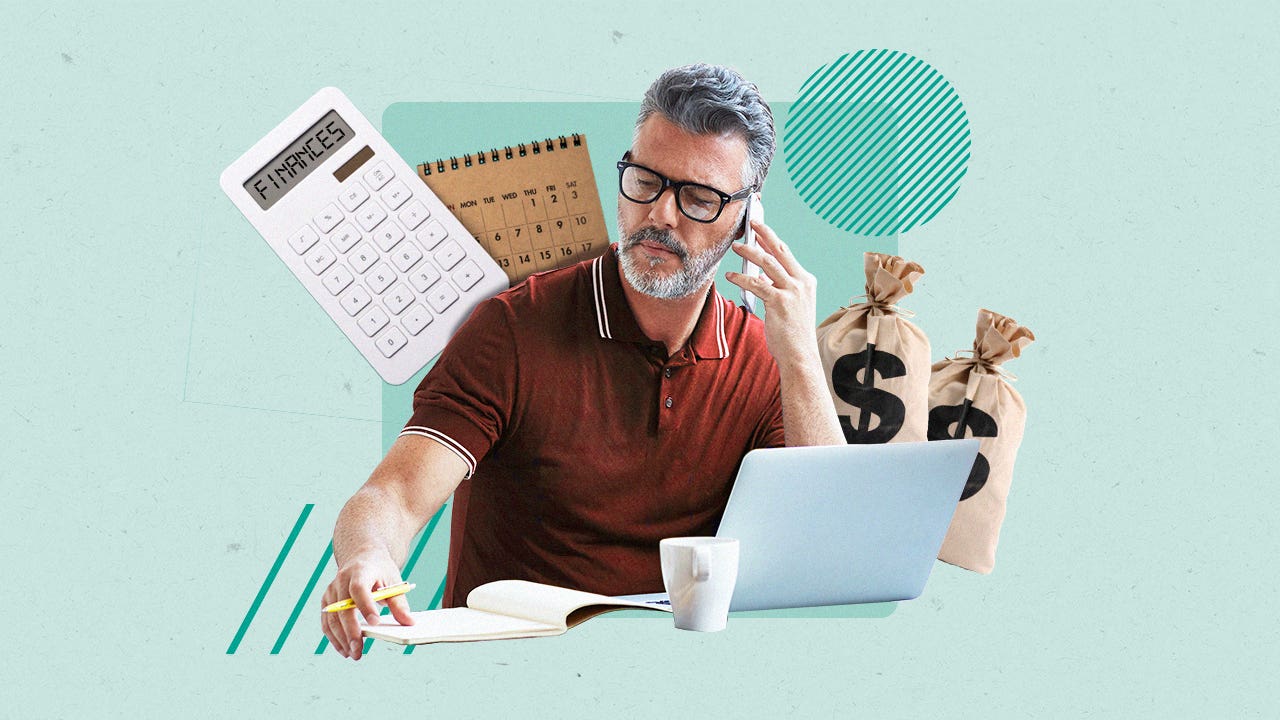Can you buy a house if you’ve filed for bankruptcy?




If you were one of the more than 517,000 people who filed for personal bankruptcy in 2024, you might not feel too optimistic about your chances of becoming a homeowner anytime soon. You can eventually recover from bankruptcy, though, and you may be able to make big purchases — including a home — more quickly than you’d expect.
While there will likely be a waiting period before you can successfully apply for a home loan, and some loans may be easier for you to qualify for than others, post-bankruptcy homeownership is possible. You can buy a house if you’ve filed for bankruptcy — here’s a deeper look at how.
Types of home loans to consider after bankruptcy
You’ll want to compare home loans any time you plan to buy a house, but it is especially important after you go through a major financial event like bankruptcy.
Be sure to consider government-backed options. “A Federal Housing Administration [FHA] loan is the best type of mortgage after bankruptcy,” says Dan Belcher, CEO of Mortgage Relief. “This is because bankruptcy negatively impacts your credit score and lowers your chances of getting approved by other sources. FHA loans are more lenient and allow you to buy a home even with a lower credit score.”
FHA borrowers are required to have a credit score of just 500 (with a 10 percent down payment) or 580 (with 3.5 percent down) to be considered. This can make this type of loan appealing to hopeful homebuyers who are still rebuilding their credit.
Check your credit post-bankruptcy, because that may not be the only thing driving it down, and don’t apply for a loan until you know what your score is. That will give you an idea of what you might qualify for, and how much of a down payment you might need for your home purchase.
You may also want to consider VA and USDA loans, if you’re eligible. These loans have post-bankruptcy waiting periods of two and three years, respectively.
How long after bankruptcy can you get a home loan?
A bankruptcy will stay on your credit report for seven to 10 years. However, you won’t necessarily have to wait that long before becoming a homeowner: The type of bankruptcy you file can affect how soon a lender might be willing to approve you for a new home loan.
Individuals can use both Chapter 7 and Chapter 13 bankruptcies to get their finances back under control, and which one you use can impact how long you’ll have to wait. Under Chapter 7, your debts are discharged (lenders are wiped out), while Chapter 13 requires a repayment plan for your debt. “The waiting period after bankruptcy depends on the type of bankruptcy you filed,” says Belcher. “For instance, depending on the situation, one can apply for a mortgage immediately after being released from Chapter 13 bankruptcy. For Chapter 7, however, you might need to wait two to four years, depending on your type of loan.”
After filing for bankruptcy, you can probably expect to wait a minimum of two years before getting approved for a home loan. This waiting period is meant to give buyers time to establish a good “new” credit history. Use that time wisely — don’t overextend yourself, make payments promptly and keep your debt low. It’s easy to get careless toward the end of a waiting period, so stay vigilant.
What to do while you wait
If you have already filed bankruptcy and not yet applied for a home loan, you don’t have to remain passive while you wait. In fact, being proactive about fixing your credit score can translate to faster approval and better terms when you’re ready to buy a house.
A word of caution, though, if you’re considering a personal loan or other financing in order to build a positive credit history. “Don’t apply for a loan that’s more than you need,” Belcher warns. “This can bring you into deeper financial trouble.” By the same token, don’t try to buy more house than you can afford. You don’t want to make the same mistake twice.
Steps you can take to improve your credit score also include paying down any debt that was not discharged, such as student loans. Maintaining stable employment and housing can also make you more attractive to lenders in the future.
In addition, look into whether you qualify for a first-time homebuyer program in your area. These may be applicable not just to brand-new homeowners, but also to people who have not owned a home within the last three years.
Regardless, count on waiting at least a couple years before applying for a home loan. If you can prove that your bankruptcy was caused by a situation out of your control — a medical emergency or sudden job loss, for example — some lenders might be willing to forego the waiting period. These circumstances must be well documented though, and exceptions are rare. And you won’t have much of a chance if your post-bankruptcy payment history is less-than-perfect.
Bottom line
Individuals who have filed for bankruptcy will likely have to wait at least two years before getting approved for a home loan. And it may take longer depending on the type of bankruptcy and your other circumstances, such as employment. If you can quickly establish healthy financial habits, you may be able to get your credit squared away sooner rather than later. You may even be able to build your credit enough to qualify for an FHA loan in just a couple of years. Just remember, once you get out from under your debt, it’s easy to start spending freely again — don’t!
FAQs
Why we ask for feedback Your feedback helps us improve our content and services. It takes less than a minute to complete.
Your responses are anonymous and will only be used for improving our website.
You may also like

Can you buy a home on disability?

Buying a home after foreclosure


